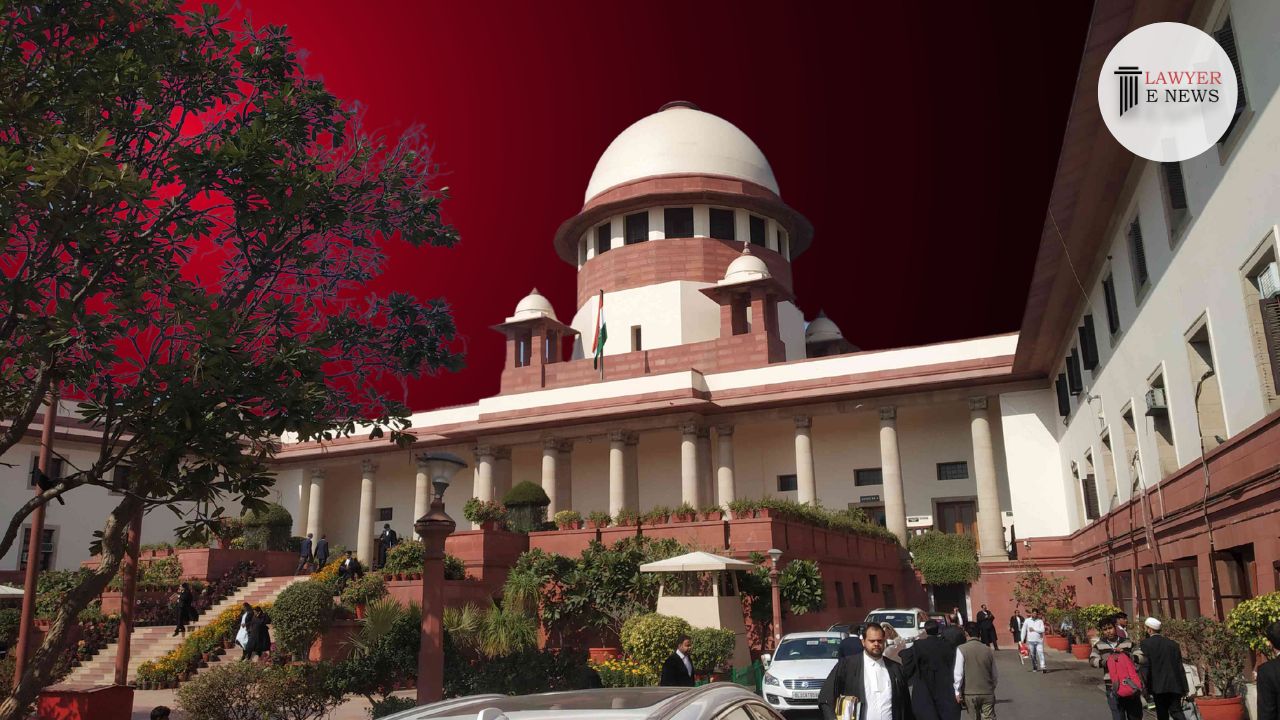-
by Admin
15 February 2026 5:35 AM



Legal Point: The Supreme Court’s judgment in Javed Ahmad Hajam vs State of Maharashtra revolves around the interpretation of Section 153-A of the Indian Penal Code, particularly in the context of expressing dissent and the right to free speech under the Constitution.
Facts and Issues: The case concerns an FIR registered against Javed Ahmad Hajam, a professor, for his WhatsApp status messages, which were alleged to promote enmity under Section 153-A of the IPC. The messages expressed unhappiness over the abrogation of Article 370 and extended Independence Day wishes to Pakistan. The High Court had dismissed his petition to quash the FIR.
Legal Interpretation: The Court noted that Section 153-A IPC necessitates an intent to promote enmity or disharmony. The bench referred to previous judgments, highlighting the importance of intention and the effects of words on reasonable minds.
Freedom of Speech: The Court held that criticism of State actions and expressing dissent are within the bounds of free speech. Hajam’s expressions were viewed as a critique of the government’s decision on Article 370 and not as promoting enmity.
Role of Police and Free Speech: The judgment underscored the need to educate the police on democratic values and the permissible limits of free speech.
Impact of Words: The judgment applied the standard of “reasonable, strong-minded” individuals to judge the impact of Hajam’s words, concluding that they were unlikely to incite enmity or hatred.
Decision: The Supreme Court quashed the FIR, deeming the prosecution under Section 153-A IPC an abuse of the law. The judgment upheld the right to dissent and freedom of speech, emphasizing the importance of these principles in a democratic society.
Date of Decision: March 7, 2024
Javed Ahmad Hajam vs State of Maharashtra & Anr.
